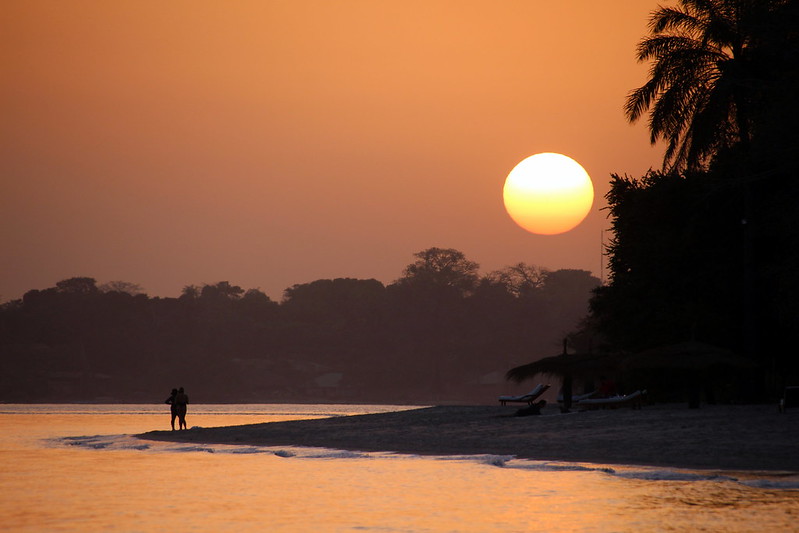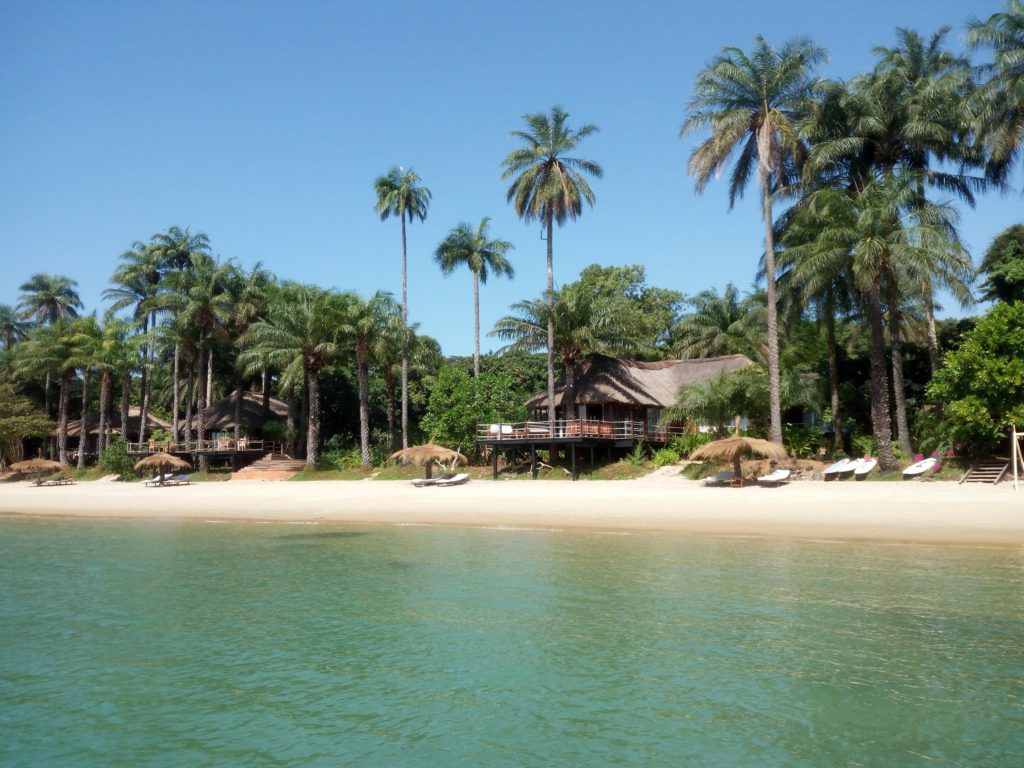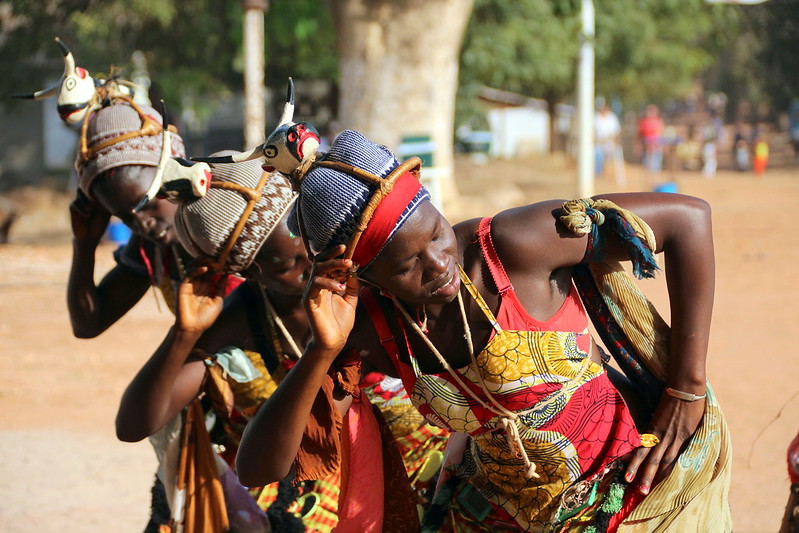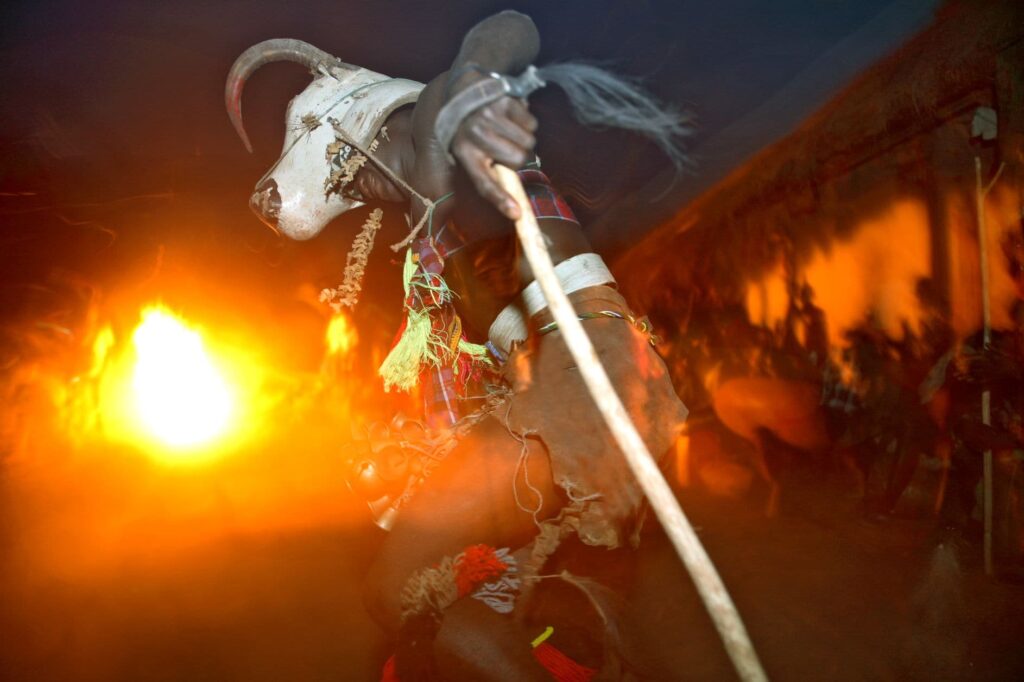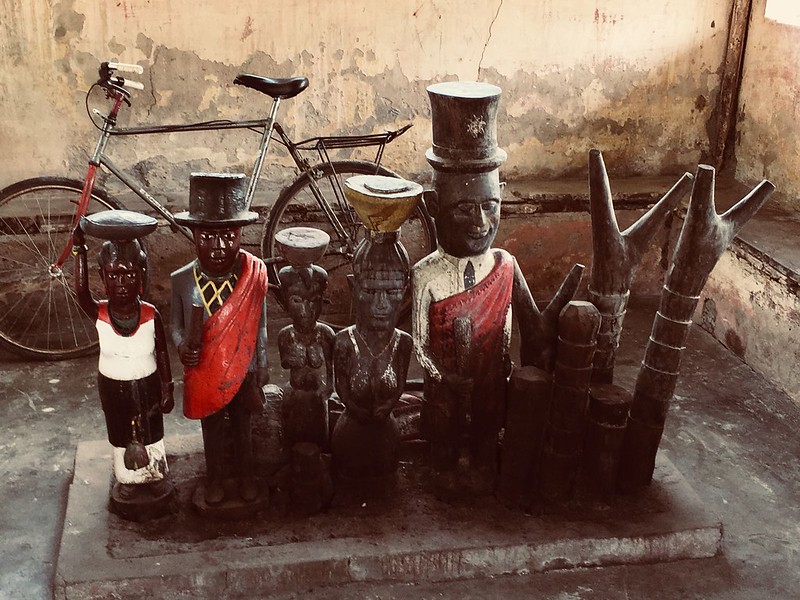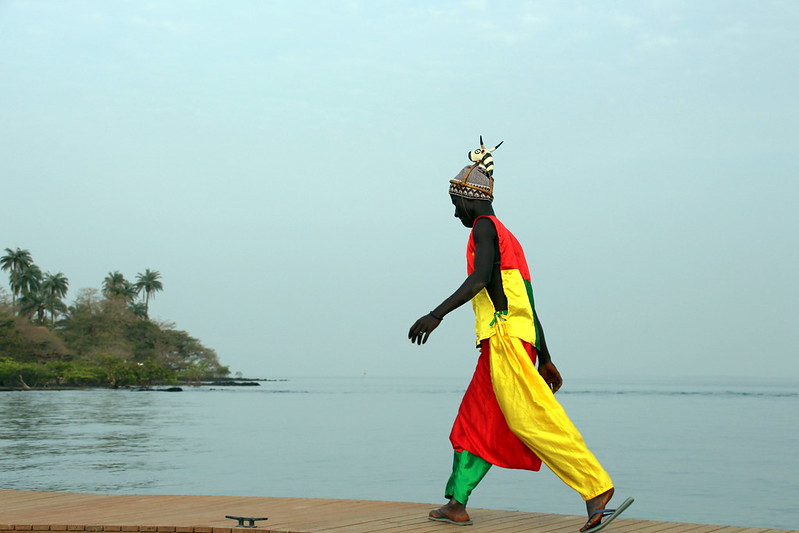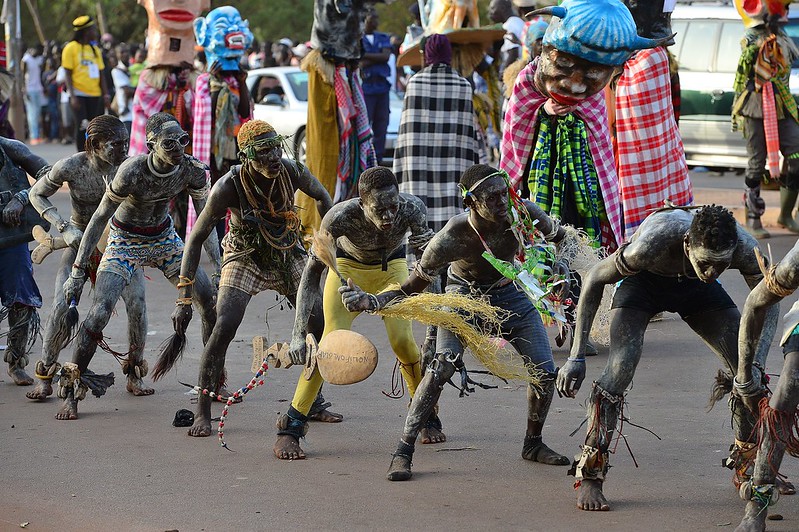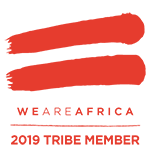REPUBLIC OF GUINEA BISSAU
Area: 36.125 kmq
Population: 1.927.104 (July 2020 est.)
Life expectancy: about 63 years
Capital: Bissau
Borders: north with Senegal, east and south with Guinea and west with the Atlantic Ocean.
Ethnic groups: Fulani 28.5%, Balanta 22.5%, Mandinga 14.7%, Papel 9.1%, Manjaco 8.3%, Beafada 3.5%, Mancanha 3.1%, Bijago 2.1%, Felupe 1.7% (2008 est.)
Religion: Muslim 45.1%, Christian 22.1%, animist 14.9%, unspecified 17.9% (2008 est.)
Languages: Crioulo, Portuguese (official), Pular, Mandingo
Vaccinations: Yellow fever, compulsory; Malaria prophylaxis, highly recommended;
Visa: entry visa required and available upon arrival (airport and main land borders)
TERRITORY, CLIMATE AND SEASONS
Almost all of Guinea-Bissau is washed daily by rising tides that reach up to 100 km inland. In the south-eastern part of the country, we find the plateau of Fouta Djallon.
Guinea-Bissau includes the Bijagos archipelago, the largest archipelago in Africa.
Guinea-Bissau has a tropical climate. There are two seasons: the hot and rainy season, which usually lasts from June to November, and the hot and dry season. April and May are the hottest months and temperatures can reach 90 ° F (mid 30 ° C).
HISTORY
Pre-15th century The area of present day Guinea-Bissau is under the influence of the Mali Empire and becomes a tributary kingdom known as the Gabu.
1446-47 The first Portuguese arrive; subsequently administered as part of the Portuguese islands of Cape Verde, the Guinea area becomes important for the slave trade.
1879 Guinea-Bissau becomes a separate colony.
1951 Guinea-Bissau is declared a province of Portugal.
1956 Amilcar Cabral founds the African Party for the Independence of Guinea and Cape Verde (PAIGC).
1963-74 The PAIGC launches the war of independence.
1973 Amilcar Cabral murdered. The PAIGC unilaterally declares Guinea-Bissau independent from Portugal and gives it its current name.
1974 Portugal grants Guinea-Bissau independence with Luis Cabral, brother of Amilcar Cabral, as president.
1980 Luis Cabral is ousted in a military coup led by Joao Bernardo Vieira.
1990 Parliament revokes the PAIGC’s status as the only legitimate party.
1994 Vieira is chosen as president in Guinea-Bissau’s first free elections.
1999 May, Soldiers led by General Ansumane Mane overthrow Vieira.
The military junta installs Malam Bacai Sanha, the former speaker of parliament, as interim president.
2000 January, Kumba Yala is elected president.
2002 November, President Yala announces that he intends to dissolve parliament and hold early elections. The move comes amid a long quarrel with its prime ministers.
September 2003 A military coup overthrows President Yala. The civil administration led by interim president Henrique Rosa and interim prime minister Antonio Artur Rosa is sworn in after political and military parties have agreed to hold parliamentary and presidential elections.
2004 March, Former PAIGC in power wins general election.
2005 April, Joao Bernardo Vieira, former president overthrown in the 1999 rebellion, returns from exile in Portugal.
2005 July, Joao Bernardo Vieira wins a ballot in the presidential elections
2009 March, President Joao Bernardo Vieira is killed.
July 2009 Malam Bacai Sanha wins the presidential election with a ballot.
2012 January, President Malam Bacai Sanha dies in hospital in Paris. Head of the National Assembly Raimundo Pereira becomes interim president.
2012 April-May, Soldiers overthrow the government. Interim President Pereira and the main contender for the presidency and former premier Carlos Gomes Junior are arrested. A transitional government is formed led by Manuel Serifo Nhamadjo. The UN imposes travel bans on coup leaders and key supporters.
2014 May, the ballot of the presidential elections is won by Jose Mario Vaz.
2015-2019 President Jose Mario Vaz unleashes a political crisis by firing a number of prime ministers.
2020 February, Former Prime Minister Umaro Sissoco Embaló takes office after winning presidential election, ending age 46 s of PAIGC or military rule.

